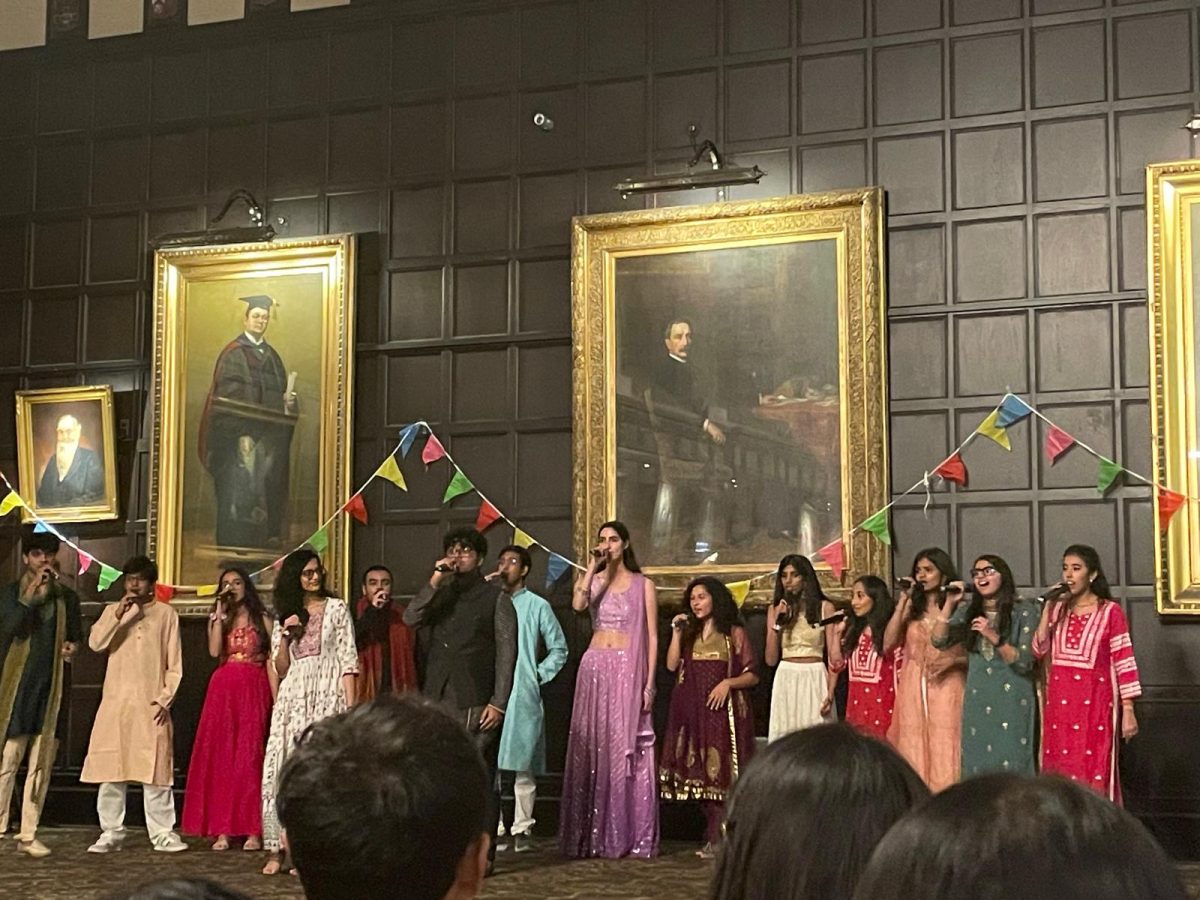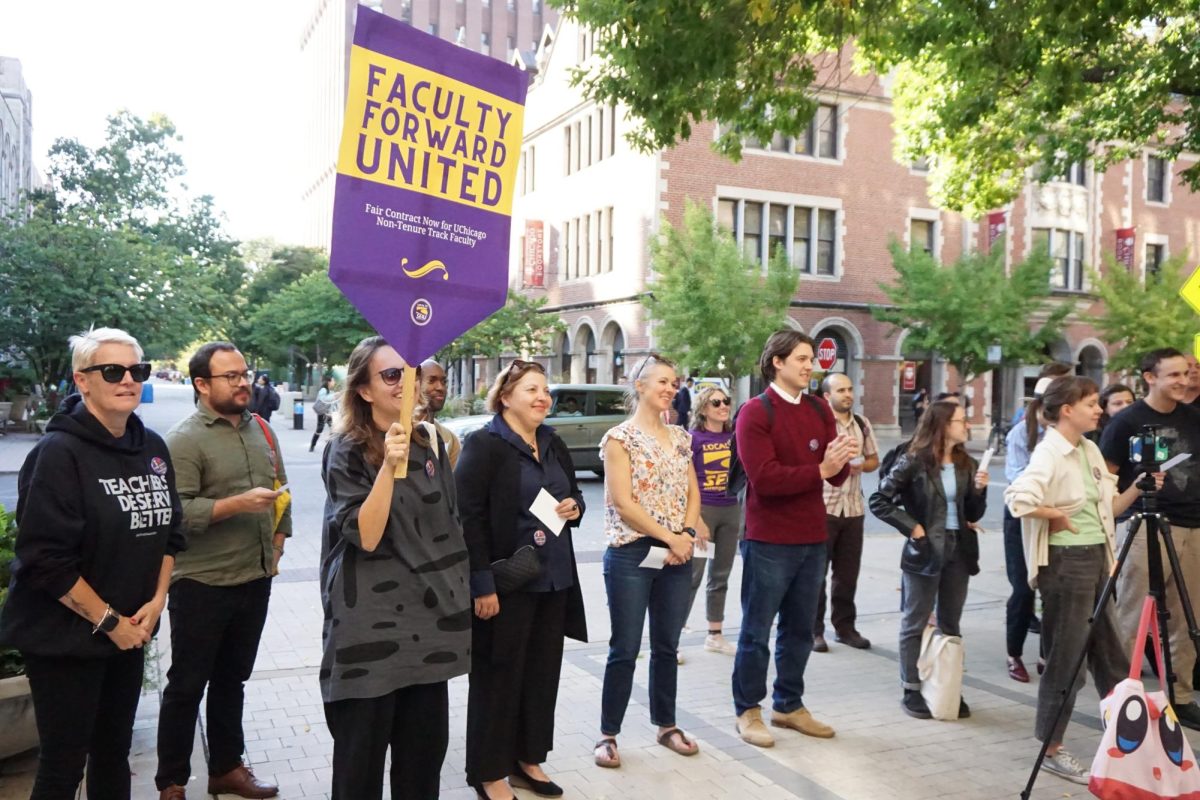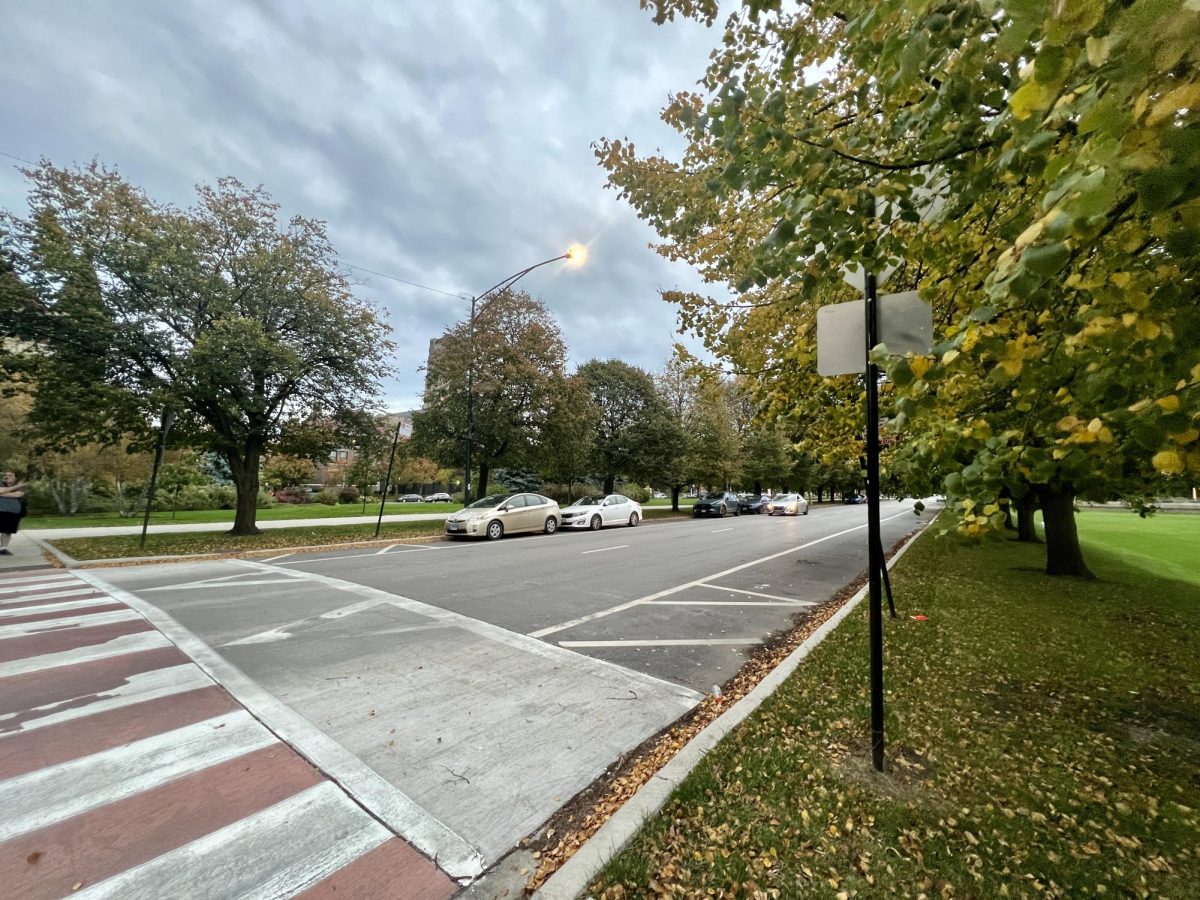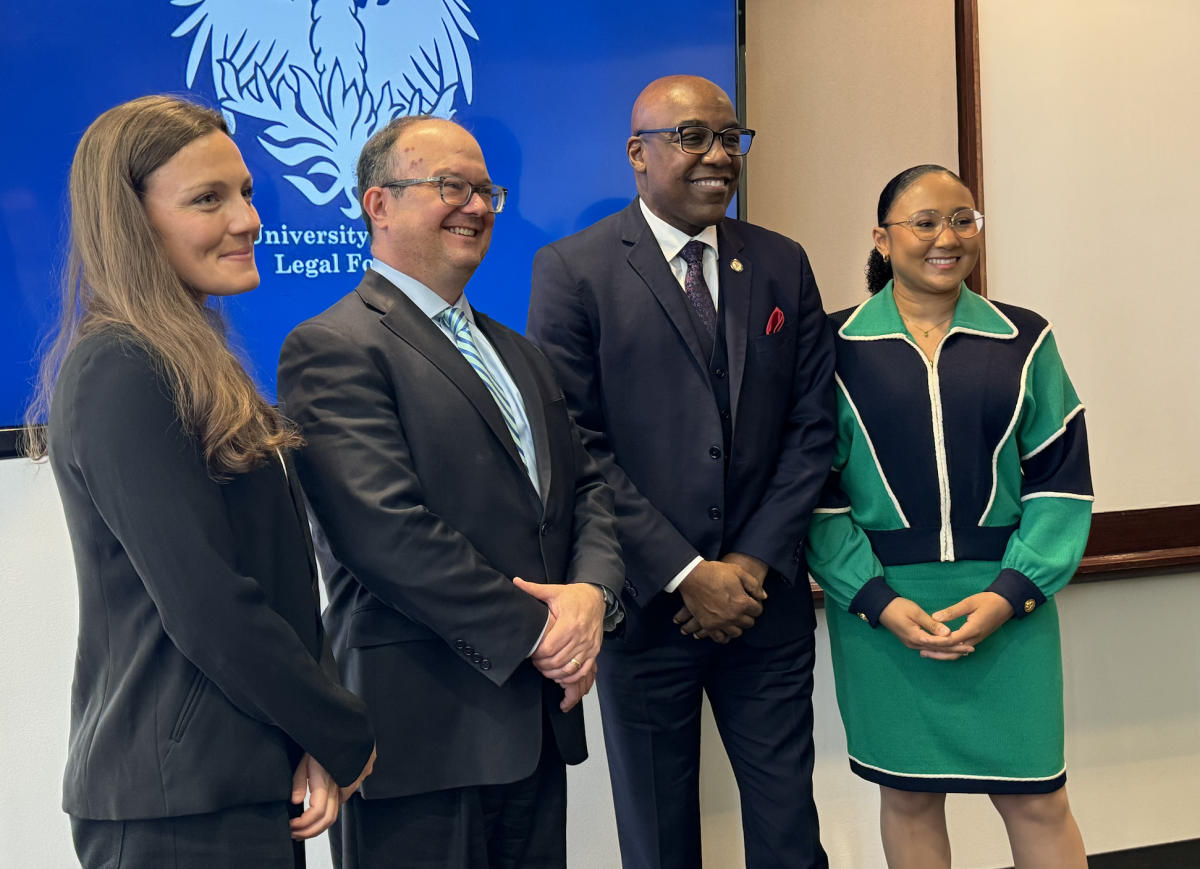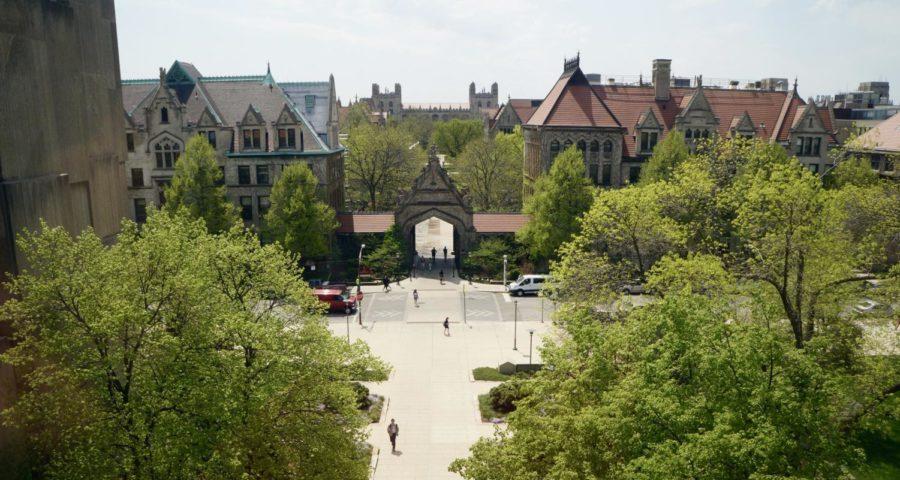The Chicago Center for Contemporary Composition has been established within the music department, the University announced in March. The center will focus on integrating the diverse talents of composers, performers, and scholars of 20th- and 21st-century music.
It accommodates current faculty, graduate students, and undergraduates, and encompasses several well-established performance opportunities, including the Contempo ensemble series and the New Music Ensemble, under a single umbrella.
“The center is building on traditions in the past,” said Augusta Read Thomas, co-director of Contempo. “The Contempo series has been wonderful. It morphed into us having visiting ensembles. We have the sense that if we put the series together with the CHIME [Chicago Integrated Media Experimental] Studio, and if we built on Contempo’s longstanding vision and excellent concerts with all these artists, we’d have more impact.”
The CHIME Studio was founded this year by assistant professor of music Sam Pluta, with the goal of making electronic music part of the dialogue at UChicago. The recording and mixing studio will support the technological aspect of concert production.
“As the director of CHIME, what I want to create is an environment where we have the knowledge and the resources to allow music students to take on projects and then to be able to support those projects: an environment for making music and sound installations, building instruments, putting on concerts (whether on campus, downtown, or on the North Side), and providing its resources to the students,” Pluta said.
The Chicago Center for Contemporary Composition will bring in a distinguished guest composer once a year, as well as a postdoctoral fellow who will teach undergraduate and private composition.
This year, after sorting through the 20 most qualified applicants, the center chose composer Aaron Helgeson as its inaugural postdoctoral fellow.
“There are very few postdoc opportunities in the arts, especially the musical arts,” composer and center director Augusta Read Thomas said. “There is none in the world just for a composer of classical art music. For instance, you can get a fellowship as a composer, but you’re competing with someone in philosophy, mathematics, history. We are only for composers.”
According to Thomas, the center endorses no particular compositional style or ideal.
“I’m interested in excellence of any kind,” she said. “I’m proud that we do not have a house style. None of my students sound like me. Someone might write an electronic piece or a symphony. We value their ability to express themselves freely.”


